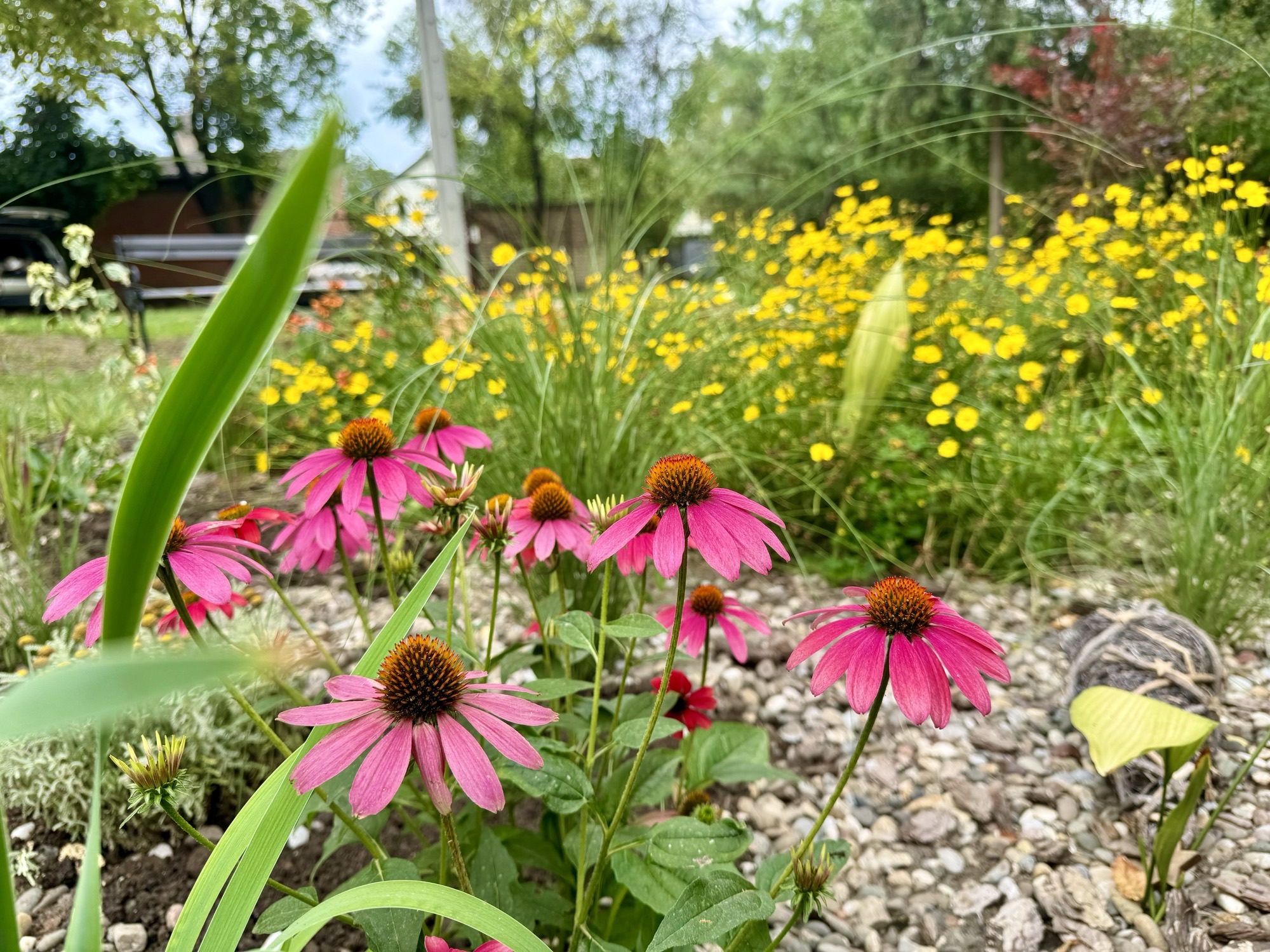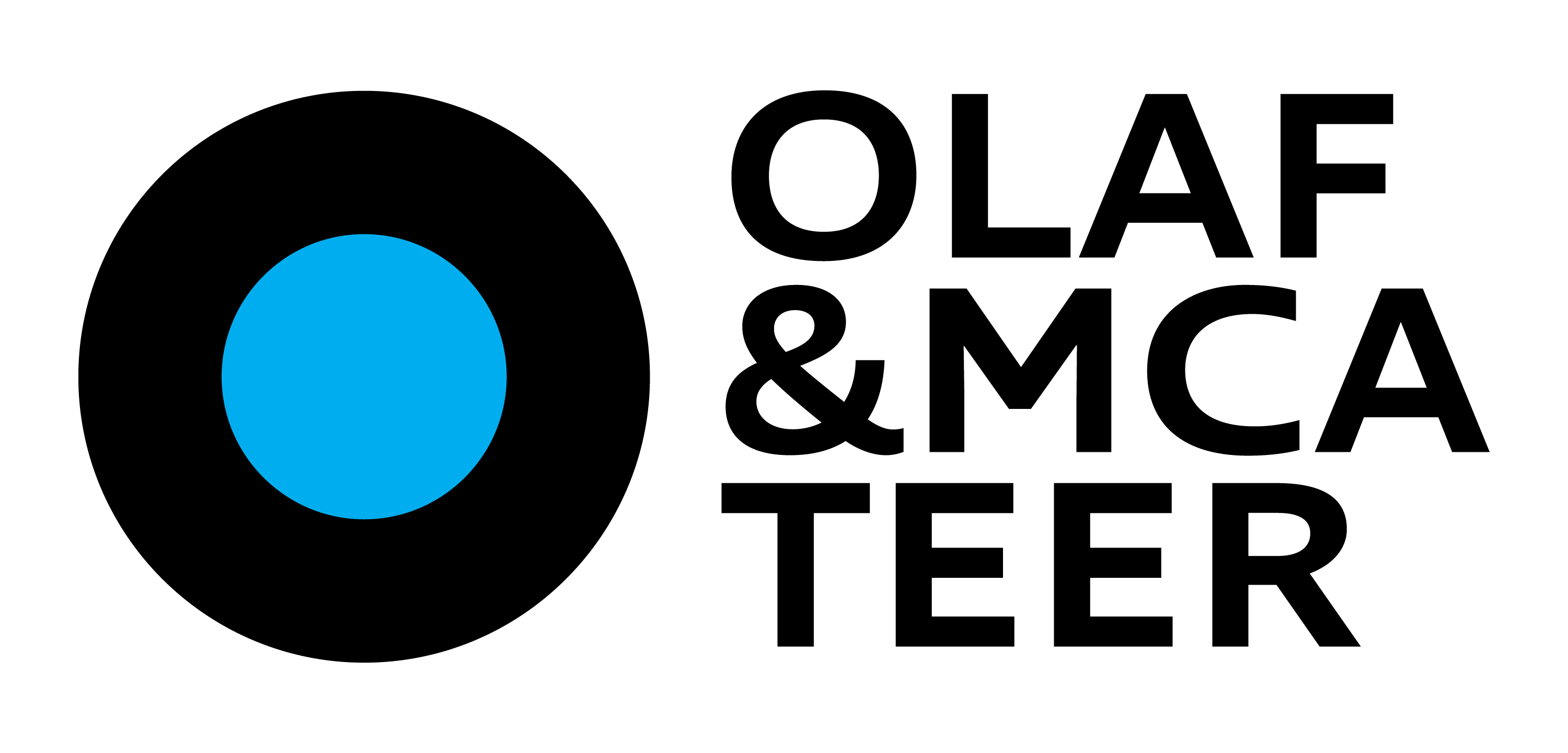
‘Niklo kao ja’ project enriches 20 cities with urban gardens
The ‘Niklo kao ja‘ project, initiated by A1 Serbia in collaboration with the Ekonaut Citizens’ Association and local governments, has set new standards in preserving urban environments by establishing and enhancing a total of 20 urban gardens across Serbia this year. The project’s goal is to contribute to greener, more sustainable cities, increase biodiversity, and inspire communities to actively engage in nature conservation.
This year, 10 new urban gardens were created in cities such as Pančevo, Velika Plana, Valjevo, Šabac, Zaječar, Bajina Bašta, Bor, Zrenjanin, Kruševac, and Gornji Milanovac. Green areas were upgraded and expanded in another 10 cities with existing gardens. Each garden was designed to reflect local characteristics, ranging from succulent landscapes and flowering shrub gardens to unique spaces like the “Green Ascent” in Bor, inspired by Mt. Rtanj, based on proposals from students of the 3rd October elementary school. At the same time, gardens in cities such as Belgrade, Niš, and Novi Sad were enhanced with additional features, new plant species, and amenities tailored to community needs.

Urban gardens are more than just green spaces—they are hubs for connecting people with nature, promoting biodiversity, and combating the effects of climate change. Each garden is thoughtfully designed to address the specific needs of local communities, conserve natural resources, and create pleasant spaces for relaxation, education, and social interaction.
“The ‘Niklo kao ja‘ project demonstrates how collective efforts can improve urban environments and contribute to nature preservation. Urban gardens are not only aesthetically pleasing but also serve vital ecological functions, reminding us of the importance of sustainability and shared responsibility,” said Vladimir Milutinović, landscape architect and collaborator with UG Ekonaut.
Through its ESG strategy, A1 Serbia continuously invests in achieving long-term sustainability goals. This approach includes projects addressing climate risks and biodiversity protection, such as ‘Niklo kao ja‘, along with long-term plans for decarbonization, increasing the share of renewable energy from in-house production, improving energy efficiency in business operations, and adhering to circular economy principles. As a leading prosumer in the telecommunications sector, A1 has installed nearly 6,000 solar panels across 330 locations, equivalent to the annual electricity consumption of over 750 households. Investments in renewable energy are part of the company’s strategic commitment and A1 Group’s overarching goal of achieving climate neutrality by the end of 2030.
Related posts
A1 Serbia launches educational game to promote online safety for children
This initiative is part of A1 Serbia’s broader ESG strategy, aimed at ethical technology use
Pet Day: Mars reminds us of the importance and benefits of pet adoption
362 million dogs and cats worldwide currently live on the streets or in shelters
IKEA unveils new edition of Its iconic STOCKHOLM collection
The latest edition features a wide range of furniture, textiles, lighting, and decorative pieces




